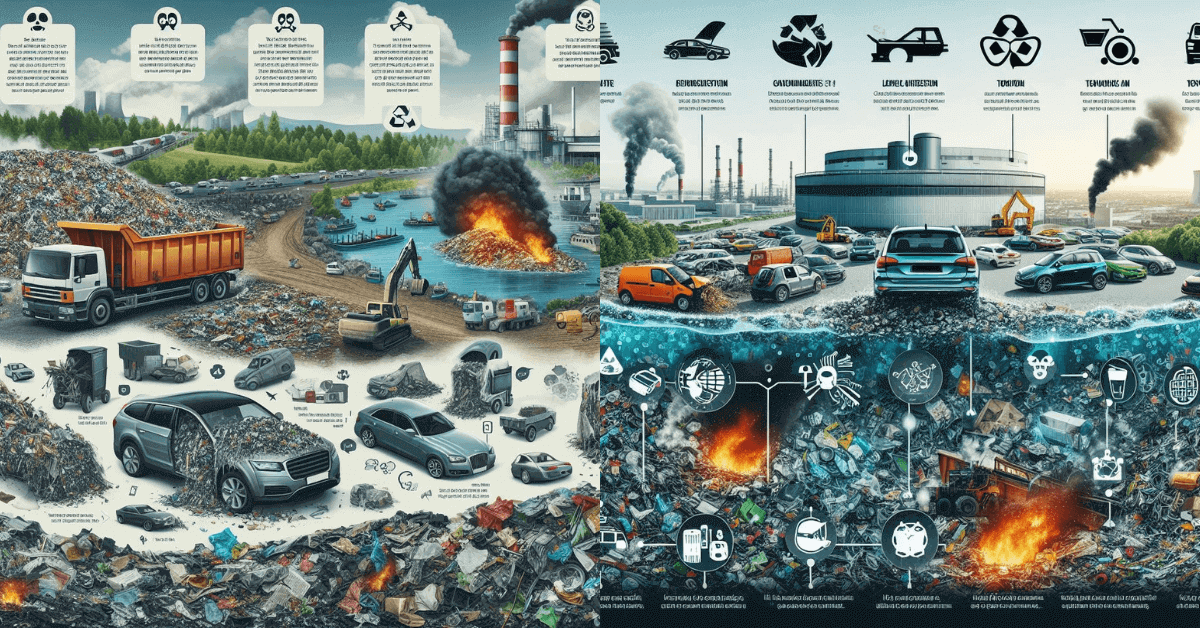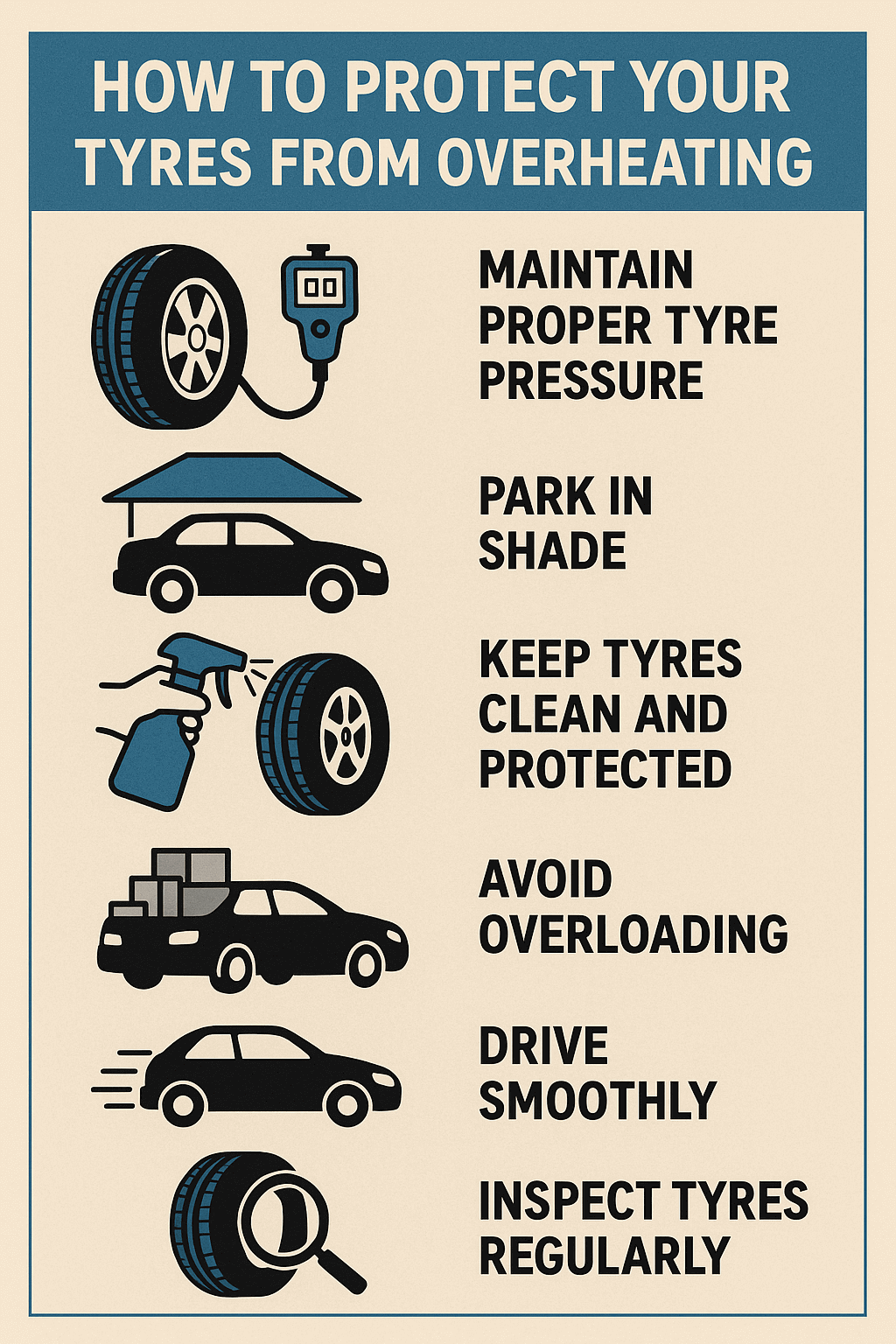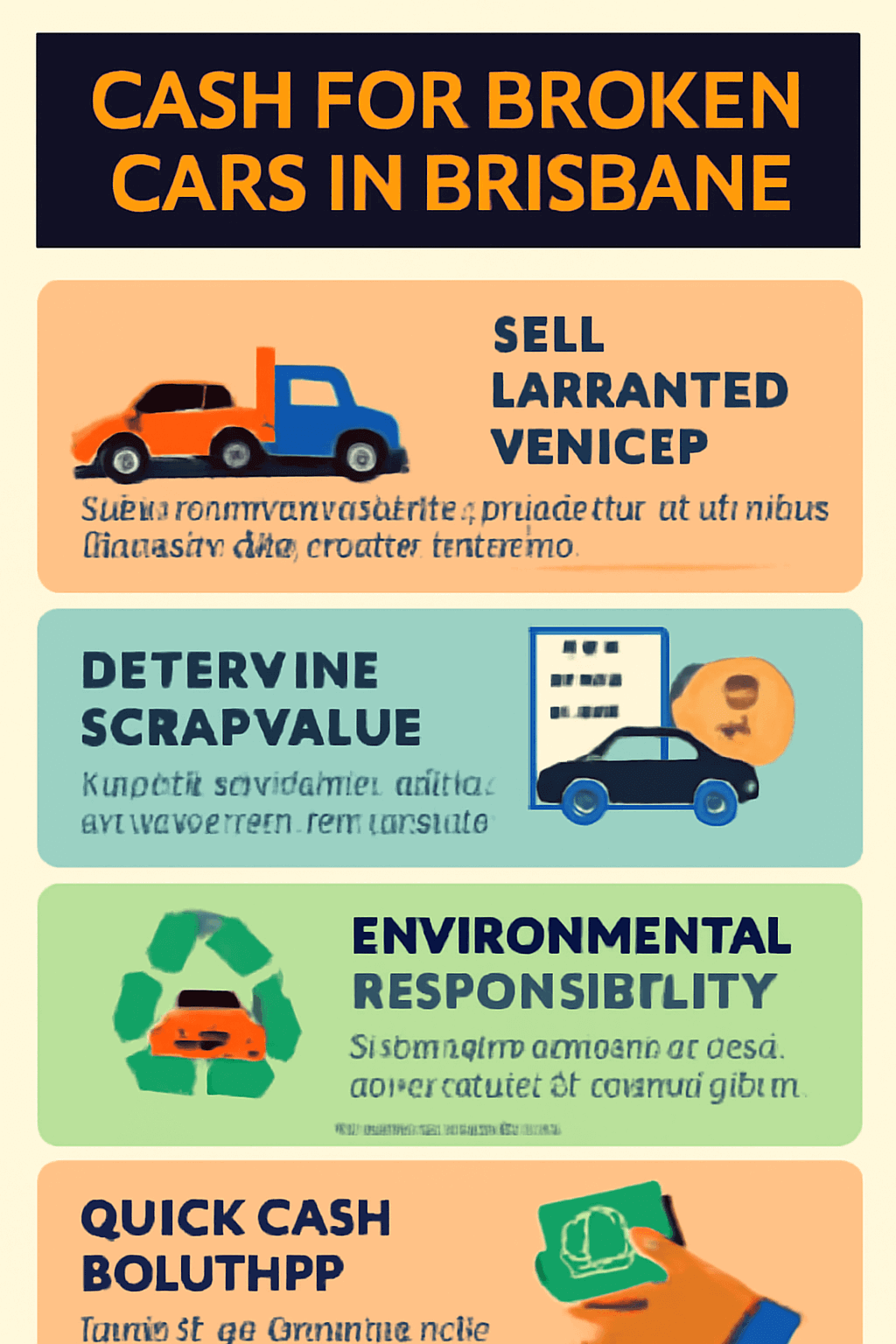Environmental Impact of Cars Disposal

Car disposal is a frequently ignored part of car ownership, yet its environmental consequences are enormous. To minimize environmental damage, vehicles must be appropriately disposed of when they reach the end of their useful life. In this post, we will look at the various cars disposal options, the environmental risks they bring, and the measures being done to mitigate these effects.
Environmental Impact of Cars Disposal
Landfill Contribution
Many end-of-life vehicles end up in landfills, taking up valuable space and releasing toxins as they decompose. The accumulation of non-biodegradable materials from car components further exacerbates the pollution problem in landfills.
Soil and Groundwater Contamination
Car parts’ chemicals and heavy metals can leach into the soil and contaminate groundwater sources. This contamination harms local ecosystems and jeopardizes the safety of drinking water sources in neighbouring communities.
Air Pollution from Incineration
The incineration of automobile components emits toxic emissions into the atmosphere, leading to air pollution and climate change. Burning plastic and rubber emits harmful gasses and particulates, worsening air quality.
Solutions to Mitigate Environmental Impact
Promotion of Recycling
Encourage the recycling of end-of-life vehicles to greatly reduce the environmental impact of automotive disposal. Recycling helps to conserve natural resources by reusing valuable materials like steel, aluminum, and copper, reducing the demand for raw material extraction.
Implementation of Proper Disposal Regulations
Governments and regulatory bodies are crucial in ensuring car disposal practices adhere to environmental standards. By enforcing regulations on proper dismantling, recycling, and disposal procedures, authorities can minimize pollution and protect the environment.
Advancement in Eco-Friendly Disposal Methods
Investing in research and developing eco-friendly disposal methods can lead to innovative solutions for managing end-of-life vehicles. Technologies such as auto shredding and pyrolysis offer promising alternatives to traditional disposal methods with minimal environmental impact.
Economic Impact
Cost of Disposal
Disposing of end-of-life vehicles can incur significant costs for automotive manufacturers and consumers. From dismantling and recycling fees to landfill charges, the financial burden of cars disposal underscores the importance of adopting sustainable practices.
Potential Revenue from Recycling
Despite the costs associated with recycling, there is also potential for revenue generation by recovering valuable materials. By extracting and repurposing metals and other resources from end-of-life vehicles, recycling facilities can create economic opportunities while reducing environmental harm.
Case Studies
Successful Disposal Programs
Several countries and organizations have implemented successful cars disposal programs prioritizing environmental sustainability and resource conservation.
Impact of Policy Changes
Policy changes and regulations have had a tangible impact on reducing the environmental footprint of car disposal in various regions, demonstrating the effectiveness of proactive measures.
Future Outlook
Advancements in Sustainable Disposal
Continued advancements in technology and sustainable practices offer promising opportunities for reducing the environmental impact of car disposals in the future.
Importance of Continuous Improvement
Sustainable disposal practices must evolve continuously to address emerging challenges and maximize environmental benefits, emphasizing the importance of ongoing innovation and collaboration.
FAQs
Lead, mercury, and cadmium are among the most hazardous chemicals produced during car disposal, posing serious dangers to human health and the environment.
Individuals can reduce their environmental impact by properly maintaining their vehicles, recycling materials, and advocating for sustainable community disposal practices.
Yes, alternatives such as recycling, reusing car parts, and transitioning to electric vehicles offer more sustainable options for car disposal.
Governments enact regulations and policies to minimize pollution, promote recycling, and safely handle hazardous materials in car disposal.
Conclusion
The environmental impact of cars disposal is a critical concern requiring immediate attention and action. We can reduce the environmental impact of end-of-life cars by addressing pollution, promoting recycling, and introducing sustainable practices. Stakeholders across the automotive industry must collaborate to ensure responsible and eco-friendly solutions for car disposal.






